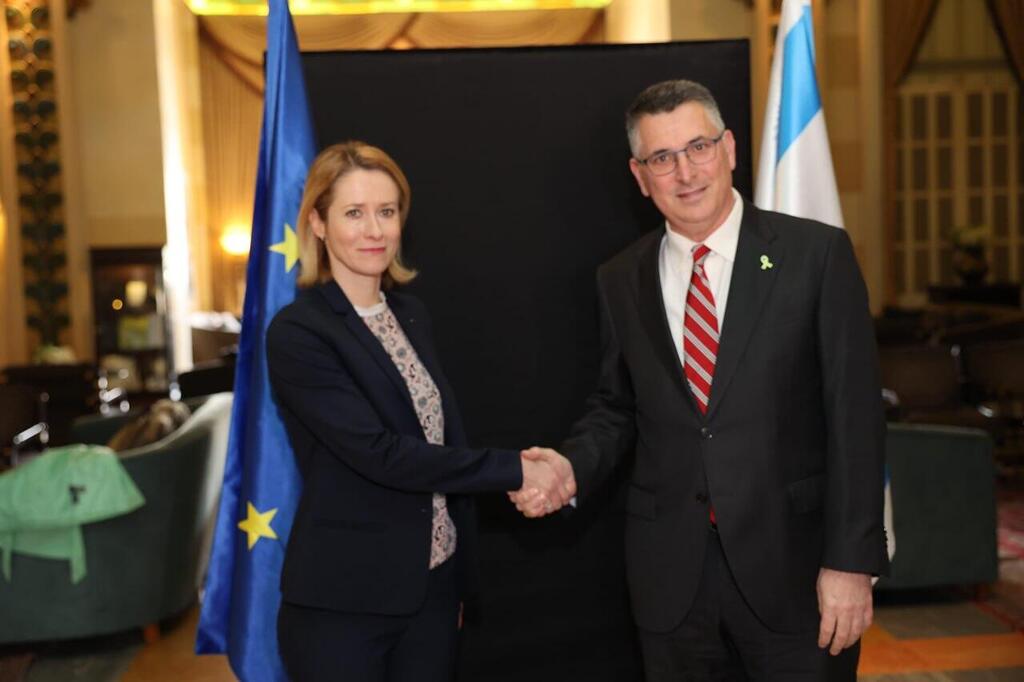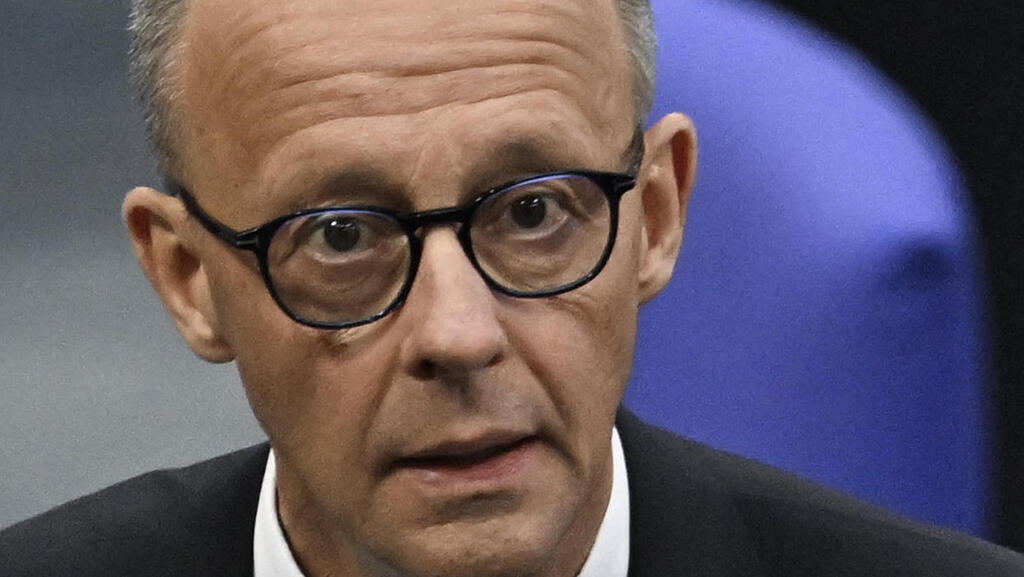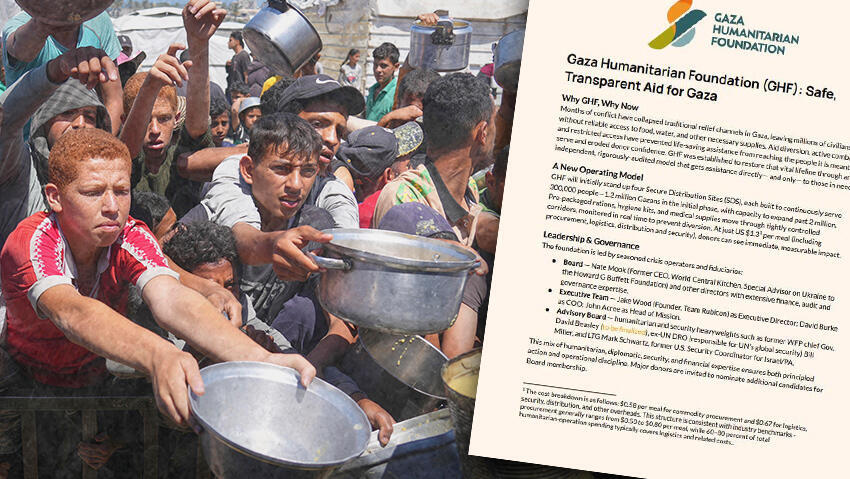German Chancellor Friedrich Merz said on Monday that Israel's recent attacks on Gaza are taking a humanitarian toll on civilians that can no longer be justified as a fight against terrorism.
"Harming the civilian population to such an extent, as has increasingly been the case in recent days, can no longer be justified as a fight against Hamas terrorism," he told broadcaster WDR in a televised interview.
He added he planned to hold a call with Israel's Prime Minister Benjamin Netanyahu this week to tell him "to not overdo it," though for "historical reasons", Germany would always be more guarded in its criticism than some European partners.
International pressure on Israel over the alleged worsening humanitarian crisis in Gaza is mounting—and now includes criticism from within Germany's ruling coalition, long considered one of Israel's staunchest allies in Europe.
Several lawmakers from the Social Democratic Party (SPD), which forms part of Merz’s center-right coalition, are calling for a suspension of arms exports to Israel.
In an interview with Stern magazine published Monday, SPD foreign affairs spokesperson Adis Ahmetovic said, “German weapons must not contribute to humanitarian disasters or violations of international law. We’re demanding that Prime Minister Benjamin Netanyahu’s government agree to a ceasefire and return to the negotiating table.”
Fellow SPD MP Ralf Stegner added, “The humanitarian catastrophe inflicted on the Palestinian population must stop immediately, as must Israel’s violations of international law. German weapons must not support this.”
He noted that while Germany had rightfully exempted Israel from its general ban on arms exports to war zones, this was intended only to help Israel defend itself. “That exemption can’t be justified under the current situation in Gaza and the West Bank,” he said.
SPD parliamentarian Isabel Cademartori warned that continued arms transfers could expose Germany to legal consequences. “Germany could be held accountable before international courts,” she told Stern, urging the government to halt transfers of tank shells and spare parts in particular.
According to Die Welt, German approvals for arms exports to Israel have declined in recent months. In the first quarter of 2025, Berlin authorized €1.18 billion ($1.28 billion) in global arms exports, with just €28 million ($30.3 million) going to Israel—ranking it only 10th among recipients.
Get the Ynetnews app on your smartphone: Google Play: https://bit.ly/4eJ37pE | Apple App Store: https://bit.ly/3ZL7iNv
SPD MP Rolf Mützenich also called for a stronger condemnation of Israeli actions in Gaza and the West Bank, saying, “I’d like to see the German government join the many European countries that have already spoken out.”
4 View gallery


EU Foreign Minister Kaja Kallas and Foreign Minister Gideon Sa'ar
(Photo: Elad Zagman/GPO)
The European political shift against Israel became more evident last week when 17 of the EU’s 27 member states voted to "reassess" the EU-Israel Association Agreement, which underpins bilateral trade and research cooperation. EU Foreign Minister Kaja Kallas convened foreign ministers in Brussels and announced that the review process would proceed.
While Israeli diplomats and EU officials believe a full suspension or cancellation of the agreement is unlikely—since it would require unanimous approval by all 27 member states—they acknowledge that a simple majority could still freeze key sections. Such a move could inflict significant diplomatic, economic and commercial damage on Israel.
First published: 13:17, 05.26.25




